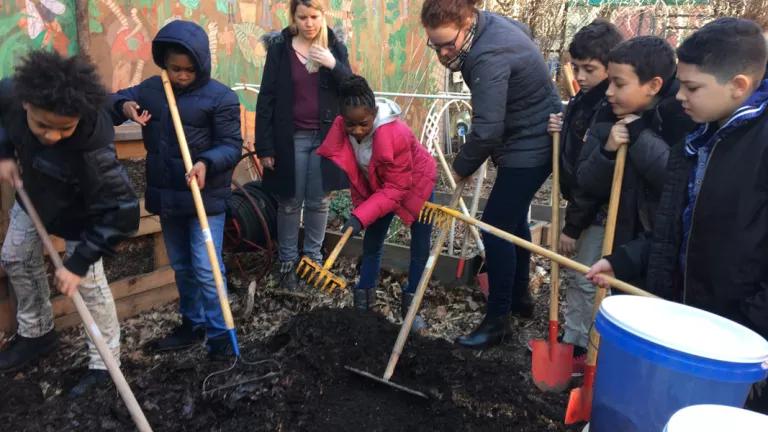
The goal of NRDC’s Food Matters project is to help U.S. cities establish policies and programs that reduce food waste. The first step in reducing municipal food waste is data gathering: understanding the amounts and sources of wasted food at the local level, as well as the amounts and sources of surplus food that potentially could be rescued instead of wasted. This information can then be used to determine the most promising city strategies for reducing food waste and to set a benchmark for assessing progress.
Building on the innovative modeling techniques to estimate food waste in Denver, New York City, and Nashville, Food Matters went on to replicate this work in a number of other cities across the country. In this report we present our findings. By identifying and exploring these trends, we hope to provide guidance and recommendations for future municipal food waste work in additional cities.
Our recommendations for city action reflect the largest sources of food waste generation; the best environmental, social, and economic management practices for addressing food waste; opportunities for engaging new partners to assist in implementing strategies to reduce food waste; and approaches to support the efforts of local emergency food assistance organizations.


